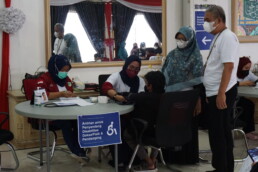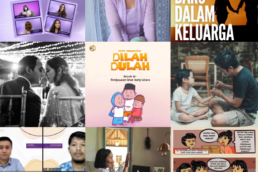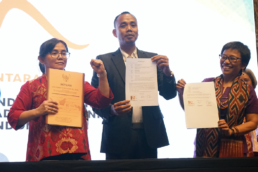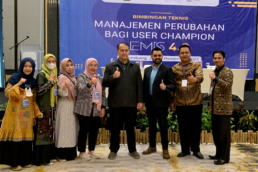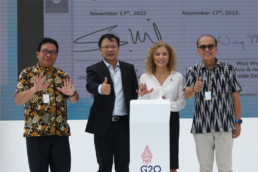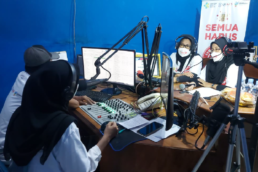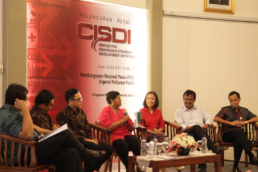The Challenge
In an effort to maintain the quality of wood production in Indonesia, including the supply chain for the timber industry, the Ministry of Environment and Forestry (KLHK) has established an industry guideline called Timber Legality Verification System (SVLK). This system was designed to fulfill the aspects and criteria of timber legality and sustainability so that Indonesian timber production can be accepted in the international market. However, in its development, there are still many stakeholders in the timber industry and policymakers who do not fully understand on how to implement SVLK. The Multi-Stakeholder Forestry Program 4 (MFP4), a development partner from the United Kingdom, appointed ID COMM as the organization’s Communication Agency to conduct a communication audit regarding the perceptions and experiences of SVLK from the local timber industry’s stakeholders (government, academicians, corporations, and business players). Furthermore, from the results of the communication audit, ID COMM was asked to create SVLK communication strategy document for the stakeholders so that all related parties can comprehend and better implement SVLK.
Our Approach
During the stage of conducting research, ID COMM interviewed resource persons (stakeholders mapping) from various parties relevant to the SVLK. There were 46 respondents who participated in the 1 on 1 interviews. The resource persons came from KLHK, members of the Timber Company Association, industry players, academicians, and certification agencies. From these interviews, insights were obtained on how stakeholders perceive and understand SVLK as well as expectations and recommendations that can be utilized as feedback to improve SVLK. The inputs and findings from this research phase were used as a reference for ID COMM to develop a SVLK communication strategy. The strategy was prepared while involving all stakeholders, which was then formed into various forms of communication activities.
The Result
ID COMM succeeded in producing two important documents related to this project, namely: (1) Communication Assessment for SVLK and (2) an Analysis Document. These two documents have been disseminated in public discussion events with all stakeholders and have received inputs and improvements from all parties. Currently, the two documents have become the basis for KLHK to initiate improvements to SVLK communication strategies so that it can be accepted and implemented by all stakeholders.

